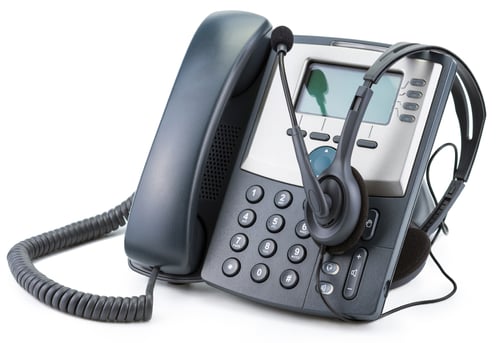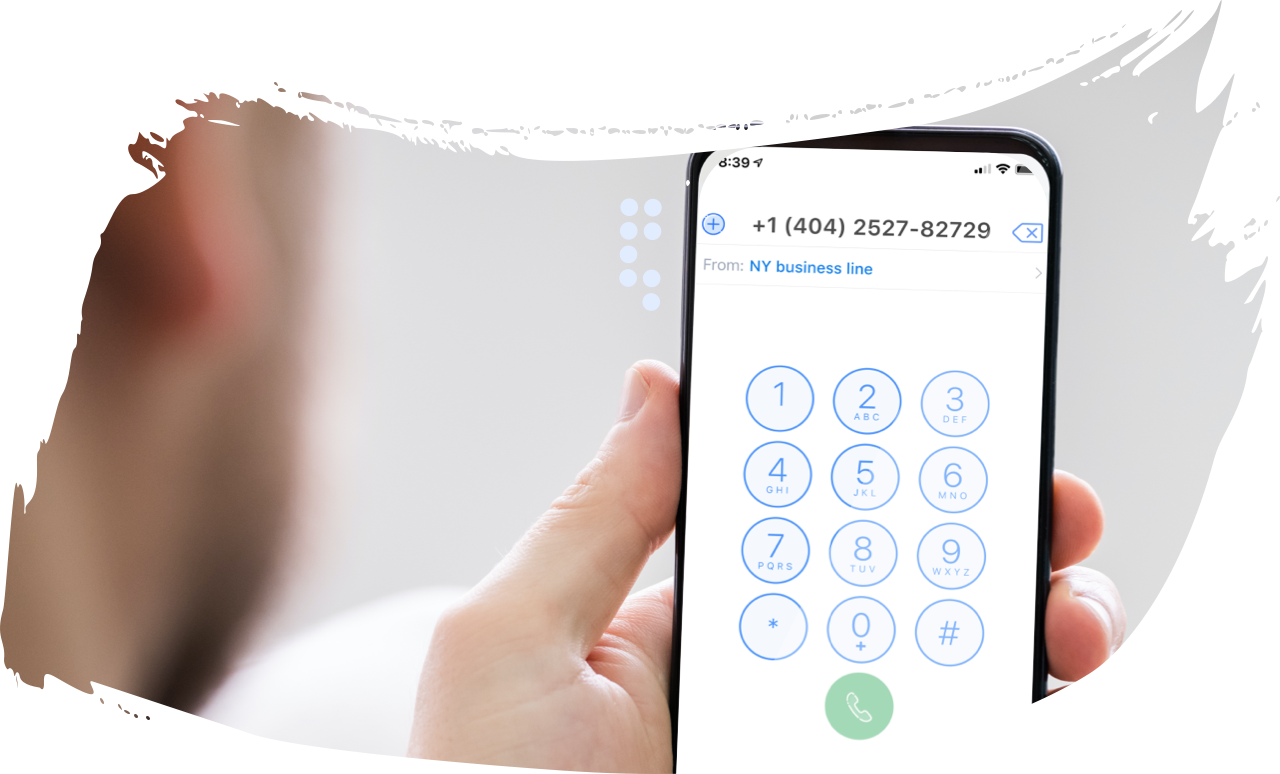Telephone service has come a long way since Alexander Graham Bell first patented the telephone in 1876. The first telephones were large, cumbersome devices that required a telephone operator to connect calls. In the early 1900s, telephone service began to be offered in homes and businesses. By the late 1920s, almost every home and business had a telephone.
These days, VoIP is running the telephone industry and has made traditional landlines all but obsolete. You might be wondering though, what exactly VoIP is, and what the other older technologies are that VoIP is replacing.
What is VoIP?
Voice over internet protocol, or VoIP, is a technology that was developed in 1995 as a means to help commercial users save on the costs of both long-distance and international phone calls. Thanks in large part to the increase of remote based businesses, the demand for VoIP service providers has been growing significantly in popularity in recent years.

With ever increasing bandwidth speeds, and more people working online than ever before, a system that allows people to make phone calls using the internet instead of a traditional phone line means teams can work anywhere and manage workloads from anywhere with an internet connection. This along with VoIP being less expensive than traditional business phones makes it the more fiscally responsible option for small, medium, and large enterprises.
How Many Types of VoIP Are There?
Several types of VoIP (voice over internet protocol) allow you to speak to someone online. This is a more cost-effective way to conduct telephone conversations than traditional voice telephony, but it also lacks the qualities associated with traditional telephone calls. Here are some of the common types of VoIPs.
Residential
Just like it sounds, this type of VoIP service is for your residence. Typically, residential VoIP service providers offer an adapter that is connected to your landline so that you can take internet calls on your traditional phone system.
Device-based Business and Residential VoIP - Hardware Required
Instead of using an adapter, this type of VoIP service requires that you purchase hardware from a service provider, and then it’s plugged into traditional phone sets to make calls online. When you opt for this type of VoIP, you shouldn’t need any other devices. The kicker with device-based VoIP is that you can’t leave your location to take or make phone calls. Of course, you do have the option of adding call forwarding to your mobile device.

Software-based Business and Residential VoIP
Think Skype, Google Meet or Microsoft Teams. Software-based business and residential VoIP services are web-based applications that you traditionally use on your computer or laptop. While these options can also work on a mobile device like a smartphone, they can often experience lag or glitches because they are larger applications that take a more substantial amount of data.
Mobile VoIP
Similar to software-based VoIP options, mobile VoIP service providers work with applications. For example, Ring4 is a mobile application that you can download to create an alternative phone number that you can take and make calls to and from without the need for a second device. It’s easy to install, and doesn’t take much data to use.

In many ways, mobile VoIP services are the best option because you can take calls from anywhere with an internet connection and you won’t be tied to your desk or residence. And, it doesn’t require any special hardware because it works on the device you most likely already own - your smartphone.
How Does VoIP Replace Traditional Landlines and Other Older Technologies?
As more and more people switch to software-based on mobile VoIP, they are replacing traditional landlines, fax machines, and even hardware-based VoIP options. Just a few of the benefits of switching to mobile VoIP include, but aren’t limited to:
- It’s more cost-effective – It costs less than traditional dial phones and there's no additional equipment required for installation.
- Available 24×7 – You can use the phone system anytime and anywhere without any waiting period or restrictions.
- Reduces energy consumption – It reduces the need for electricity by using less power than traditional phones.
Simply put, mobile VoIP offers a means of having two phone lines in one. Phone calls, text messages, and more are all possible with the right VoIP provider. And the best value VoIP service provider for the price is Ring4.
Imagine being able to get your business line set up in mere minutes. With Ring4, no matter where in the world you are, if you can get online, you can take and make business calls just like you would from a traditional landline. More flexibility, less costs, and more mobility? That sounds like the perfect remote work setup to us.
Learn more about what Ring4 can do for you. Get a free trial today!
